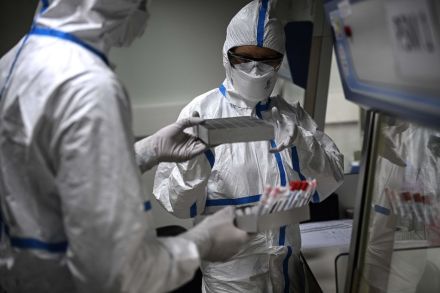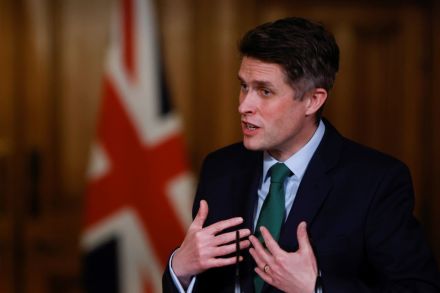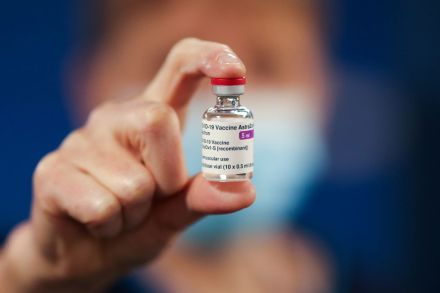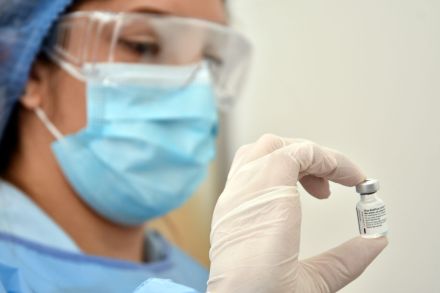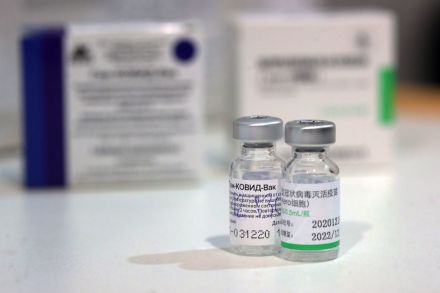Is the fall in Covid infections really slowing down?
Imperial College’s REACT study is given a prominence over other Covid data, but it is a struggle to understand why. This morning, as so often, BBC news bulletins included the latest tranche of results from the study, suggesting that the fall in new Covid infections is ‘slowing’. The data appears to confirm a deceleration in the fall in infections that was evident in the Test and Trace figures a fortnight ago – and which I wrote about here a week ago – but which has since been reversed. React seems to be telling us a story which we could equally glean much earlier from the PHE figures. The apparent slowdown in


